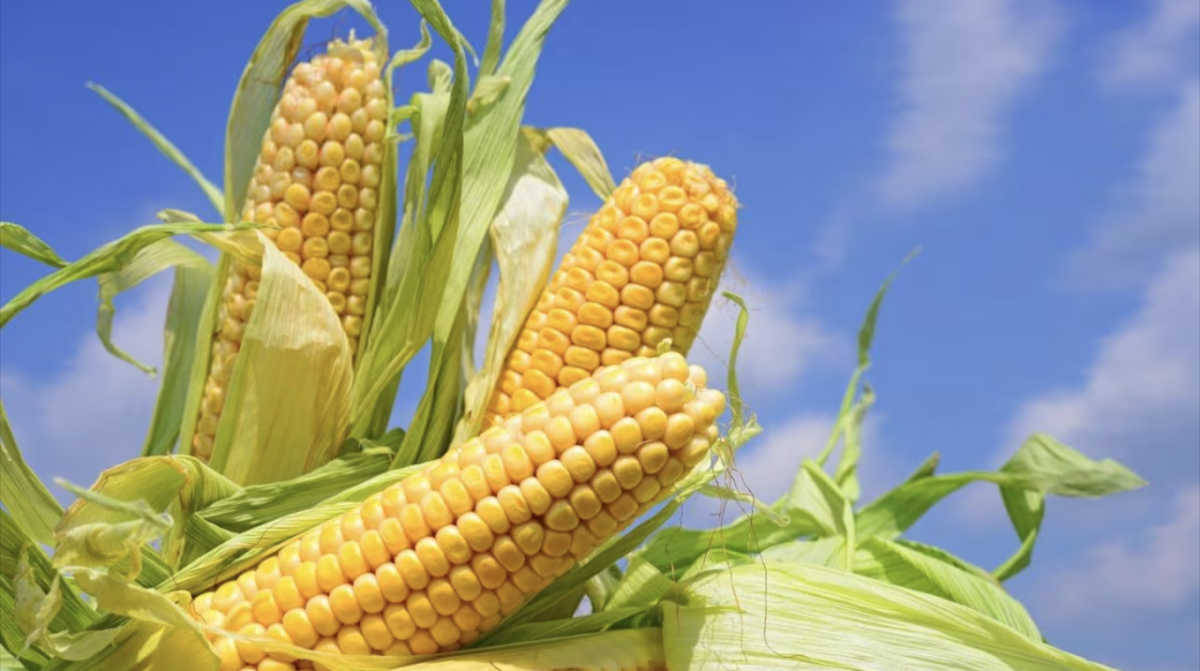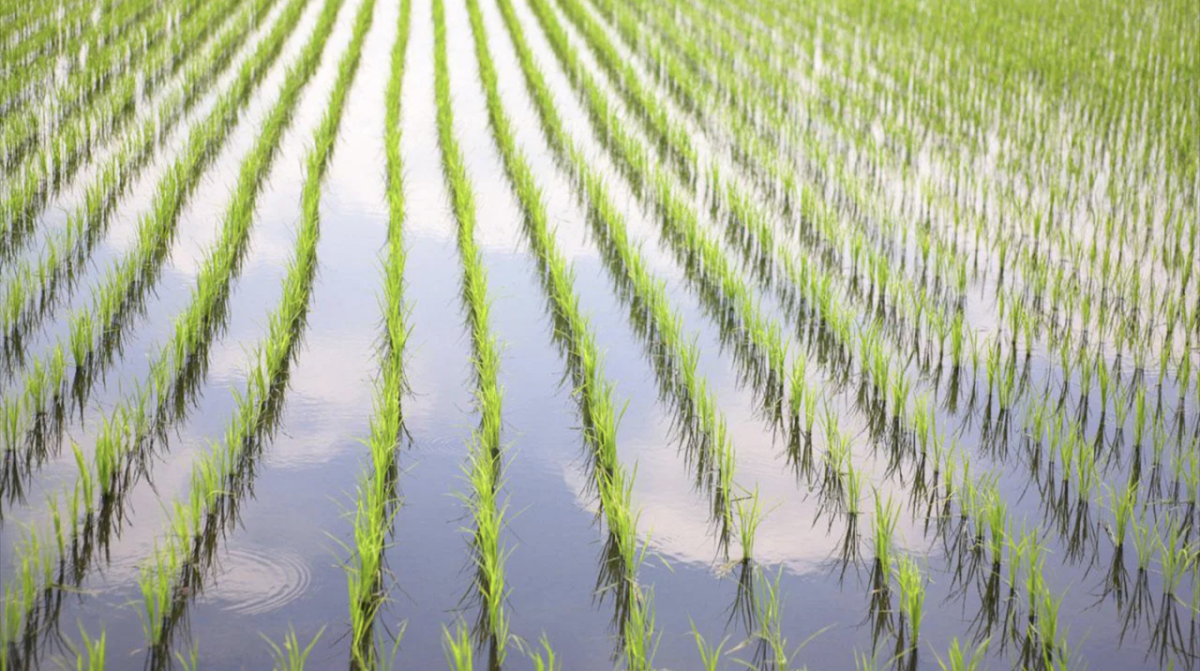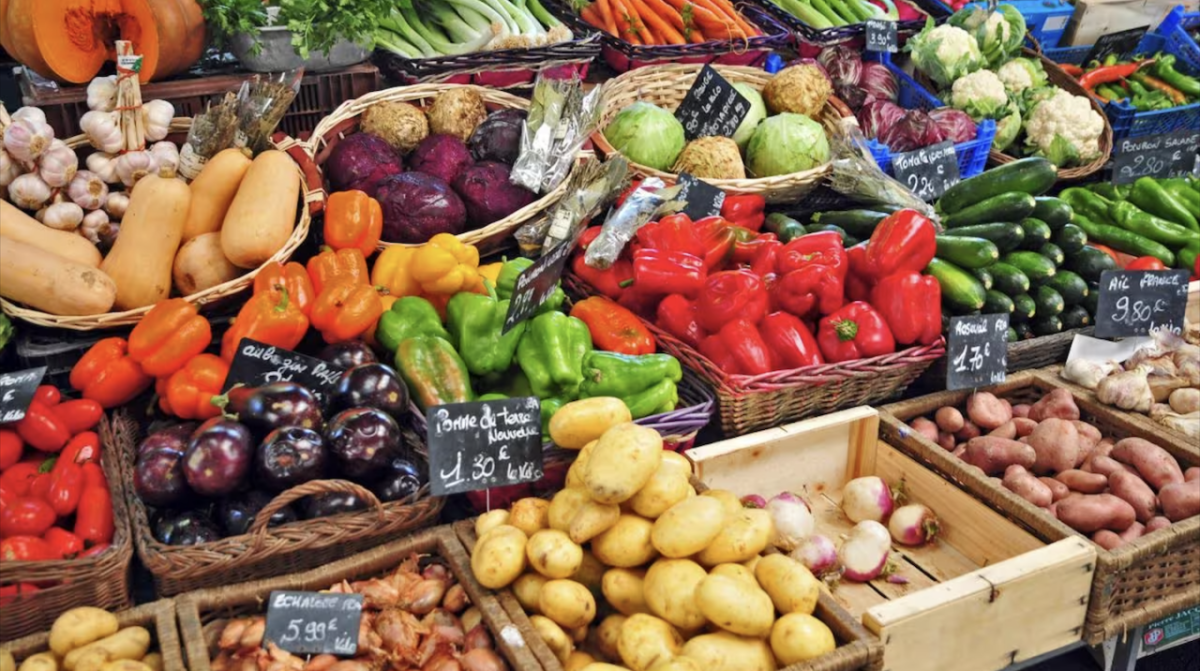Bayer Supports Smallholder-Centric Solutions
Our increased focus on smallholder farmers means an increase in products tailored to their needs.
The pressure to succeed falls directly on the shoulders of smallholder farmers. If a disease or pest wipes out a field of crops, their investment is a complete loss. There is limited societal or governmental support, and since these farming families often have no insurance, they absorb all the financial uncertainty. But advancements in technology are helping make farms more productive, and harvests more reliable. Learn more about some of our initiatives.
TELA Maize Partnership Project
In Nigeria, maize is a food staple – making up a large portion of the nutrition of Nigeria’s population. However, severe drought paired with infestations by fall armyworm and stem borer pests have made conditions for growing maize incredibly difficult. This has meant significantly lower yields and income for smallholder farmers in Nigeria. And, without its staple to rely on, much of the country has become food insecure.
For years, our world-class scientists have been hard at work with external partners on a solution to end this devastating problem. And the fruit of the years of investment, development, testing and working through the regulatory process is a game-changing technology - TELA Maize. TELA Maize is genetically modified to tolerate drought and resist fall armyworm and stem borer insects.
It has recently been granted approval by the Nigerian government for evaluation and open cultivation, making it closer to becoming commercially available to Nigeria’s smallholder farmers. With the likelihood of a commercial introduction in the 2024 growing season, TELA Maize will play a major role in laying the foundations to ensure that Nigeria’s smallholder farmers are profitable and more of Nigeria’s people are food secure.
Read more about the TELA Maize Project.
Sustainable Rice Cultivation
Rice is a staple crop for more than half the world’s population. To meet this need, 11% of cultivated land worldwide and up to 43% of the total water used for irrigation goes to irrigated rice1. Traditionally, rice fields are flooded because rice thrives when submerged, and water helps control weeds. But this conventional production is not only water-intensive, it’s also labor-, capital- and energy-intensive - and less profitable as resources become increasingly scarce.
Our plant scientists continue to pursue modern breeding methods to develop locally adapted hybrids that have higher flooding and stress tolerance. For example, our Arize® hybrid rice seed AZ 7006 is specially designed to survive even in extreme flood conditions, producing consistent yields even under unfavorable weather conditions. This helps safeguard the nutrition and livelihoods of people in countries struck by weather-related calamities like the Philippines, India and Bangladesh.
Our Rice Sustainability Initiative is helping to combat climate change. The adoption of new techniques like Direct Seeded Rice (DSR) and Alternate Wetting & Drying (AWD) is helping mitigate the amount of greenhouse gases released into the atmosphere and reduce water consumption, while giving farmers transparently priced rewards for reduced emissions.
Read more about the Sustainable Rice Project.
1Sources: Chakraborty et al. (2017); Rice Knowledge Bank (revised 2020)
Vegtable Seeds
For smallholder farmers, producing quality vegetables, reliably, on less than two hectares of land, is difficult considering the limited resources and lack of cohesive infrastructure to deliver fresh produce to market. We are strongly committed to providing solutions that mitigate the risks for vegetable smallholder farmers and increase their productivity and income while helping them to become more resilient to climate change. The Huntington Sweet Pepper variety is an example that performs well in both low temperatures (5 ⁰C) and high temperatures (40⁰C) - making it a perfect tool to support smallholder farmers in India.
We are also working to give smallholder farmers access to innovative vegetable seeds that are tailored for their specific needs, support diverse food systems and provide essential nutrients. This includes new breeding programs in crops that play a critical role in smallholder communities such as okra and bitter gourd.
Besides access to inputs, we focus on providing access to know-how and have launched the Knowledge Transfer Initiative (KTI), a digital platform that provides tools to help smallholder farmers improve their agronomic practices to grow healthy and nutritious vegetables for their communities. The KTI platform houses agronomic management information relating to all aspects of vegetable production from land preparation and in-season crop management to harvest and post-harvest best management practices.
Read more on Smallholders and Vegetable Seeds.
View original content here.





